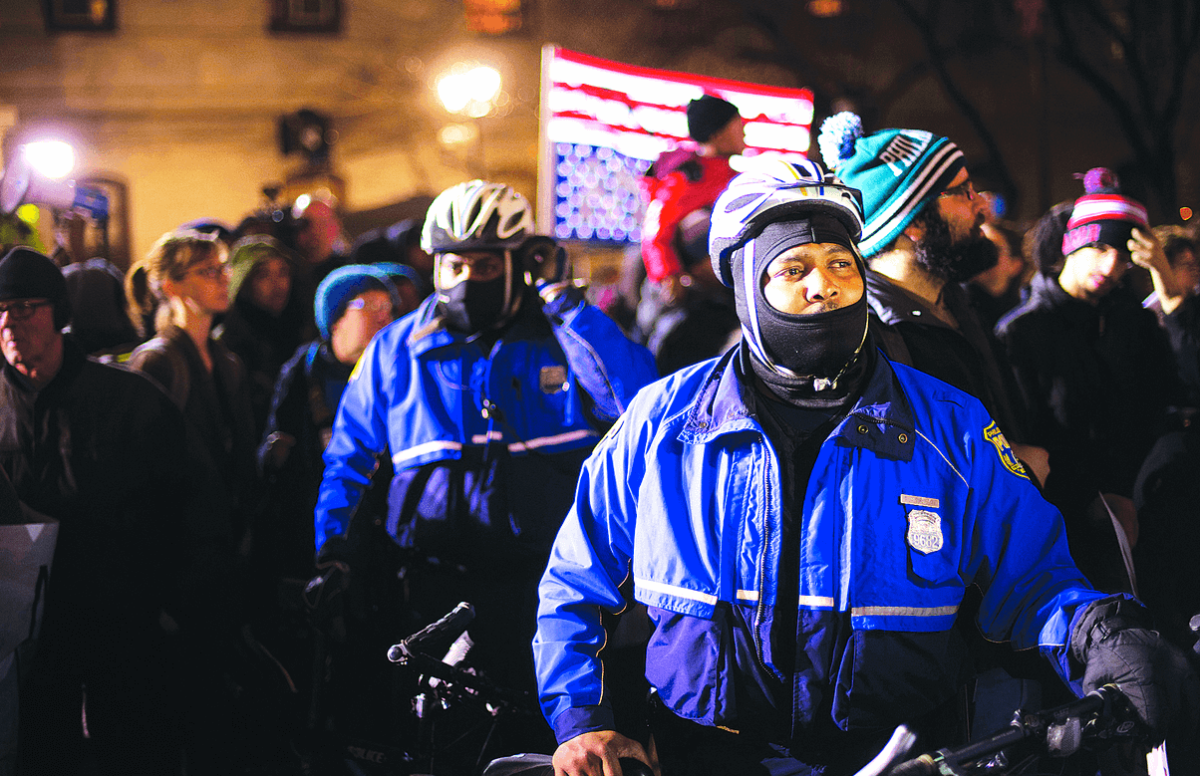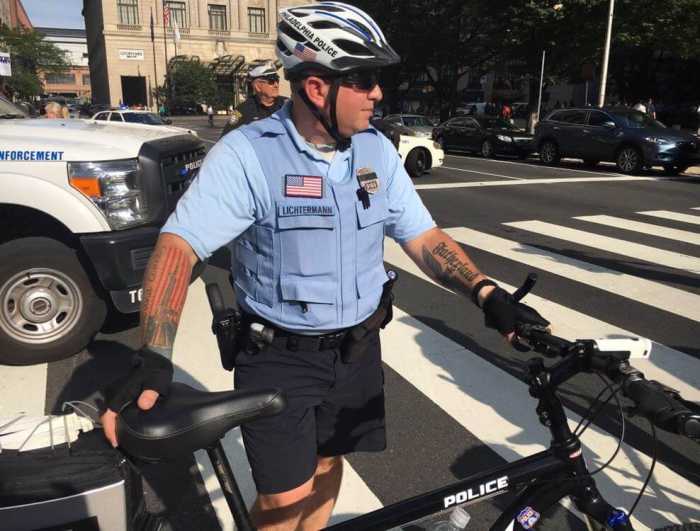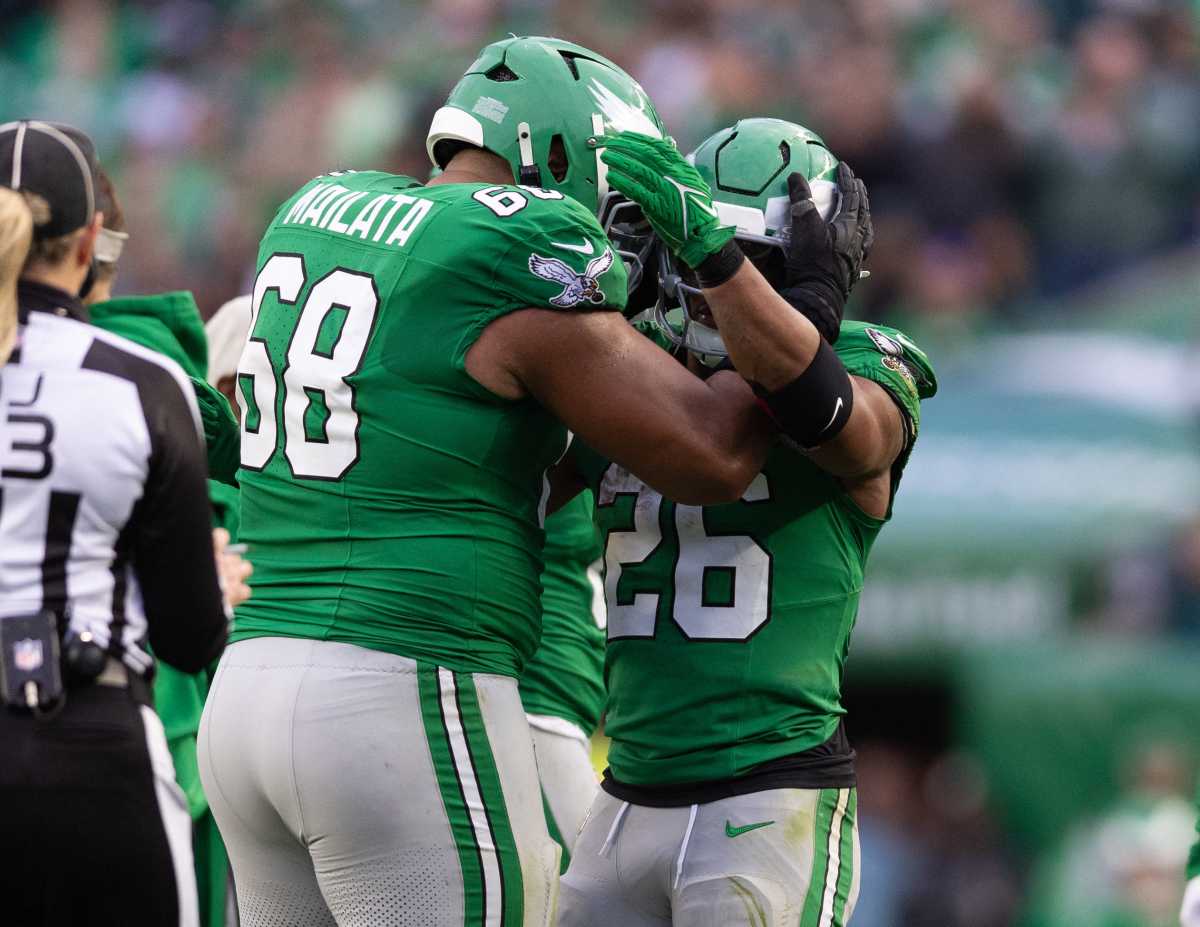For Michael Chitwood, Superintendent of the Upper Darby Police Department, there is no uncertainty. It’s still a police officer’s sworn duty to protect and serve the whole community.
“No matter what your economic background … police want to provide people with the quality of life they deserve,” Chitwood said. “It doesn’t matter if you’re white, you’re black, purple, yellow, if you’re committing a crime, we’re gonna lock you up.” A call for change has swept the country after grand juries in Ferguson, Mo., and Staten Island, N.Y. declined to indict officers accused of killing unarmed black men.
“If there are ways to improve our interaction then I’m all for it,” said Chitwood, who has 50 years of experience in urban, suburban and rural policing. “but I totally reject the characterization that police are racist and go out there to hurt members of the black community.” Last week President Barack Obama tapped Philadelphia Police Commissioner Charles Ramsey to lead a task force on 21st Century Policing. Locally, chiefs and advocates in his own backyard expressed opinions on how to improve the perception of police oppression and use of excessive force. Ronda Goldfein, chair of the city’s Police Advisory Commission, said police have a few options they could consider.
Such as: “More and repeated sensitivity training at the police academy, rotating officers from units where there may be potential for corruption — such as narcotics — and repeated complaints of excessive force against an officer cannot be ignored,” Goldfein said. “Also, offer officers support when they have had traumatic incidents.” Ramsey appeared on Meet the Press Sunday, along with Mayor Michael Nutter, and voiced his concerns that mistrust of the police has become a national epidemic.
“It’s very troubling that people don’t believe there’s fairness in the way in which we police, the way in which cases are reviewed by prosecutors,” Ramsey said, “and we’ve got to change that dynamic.” Chitwood said he would have no problems buying body cameras and training more officers in crisis intervention techniques.
“Most cops are hard working and take their jobs seriously,” he said, “but all you need is one incident and you get caught in what we see today.”
Upper Darby Police Superintendent says police are not racists

Getty Images



























